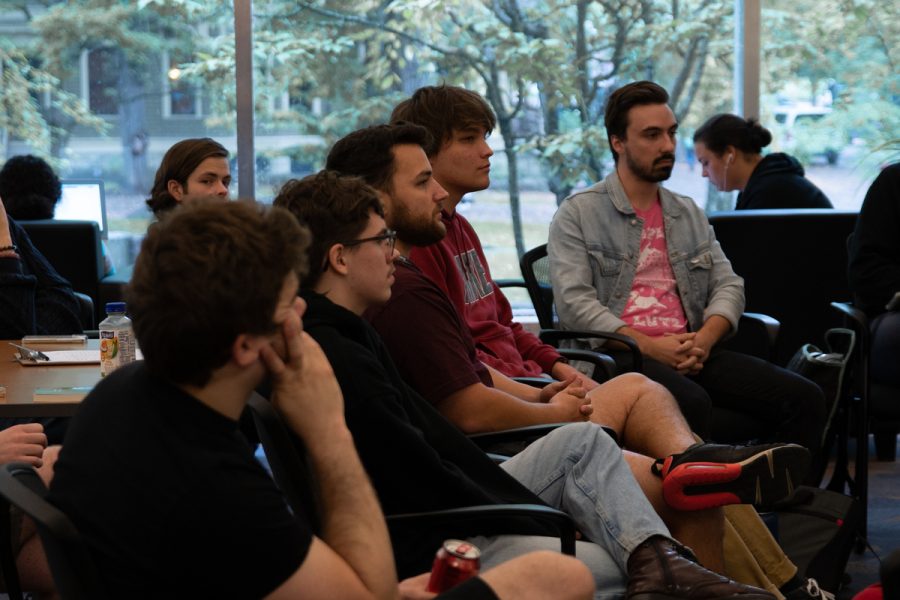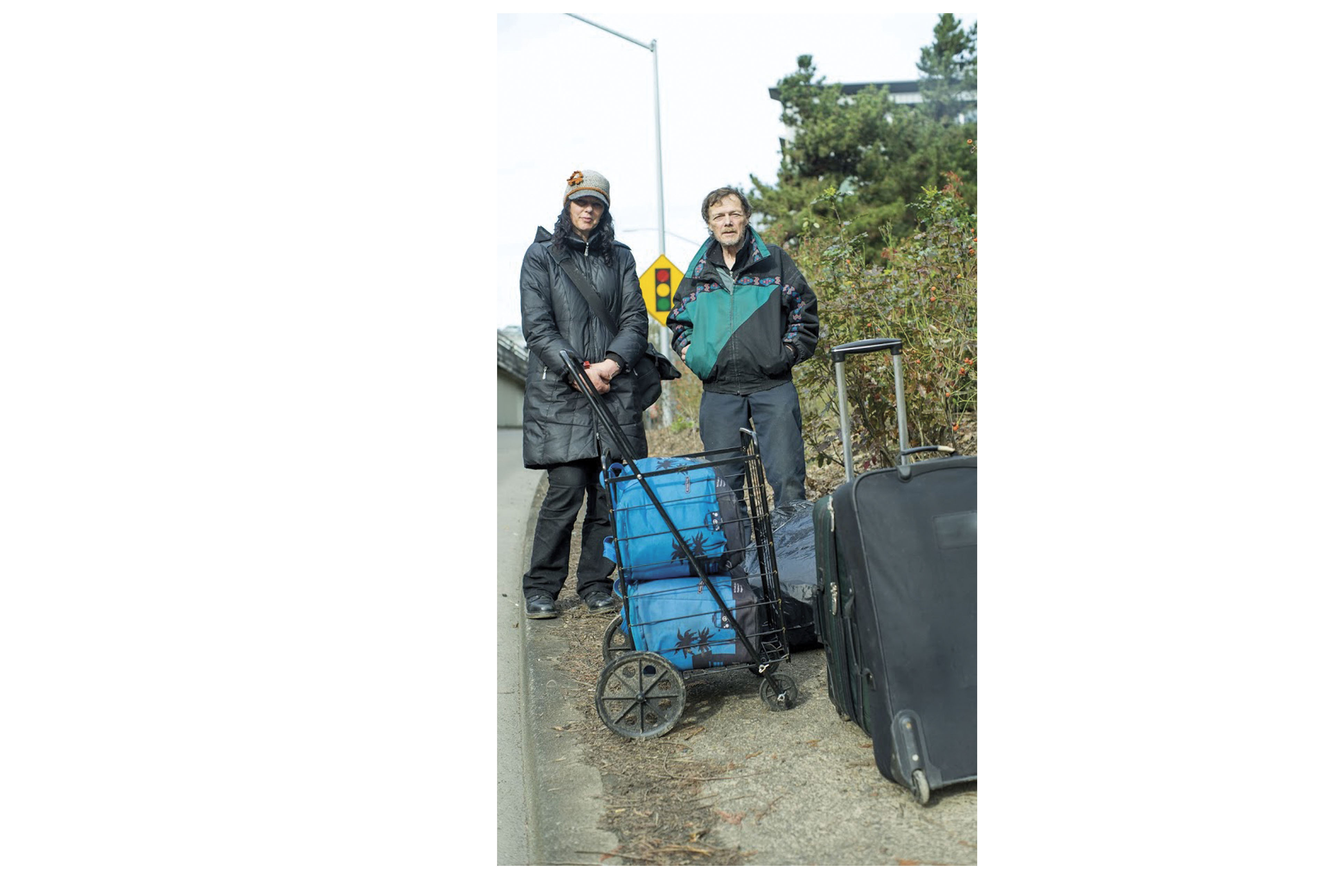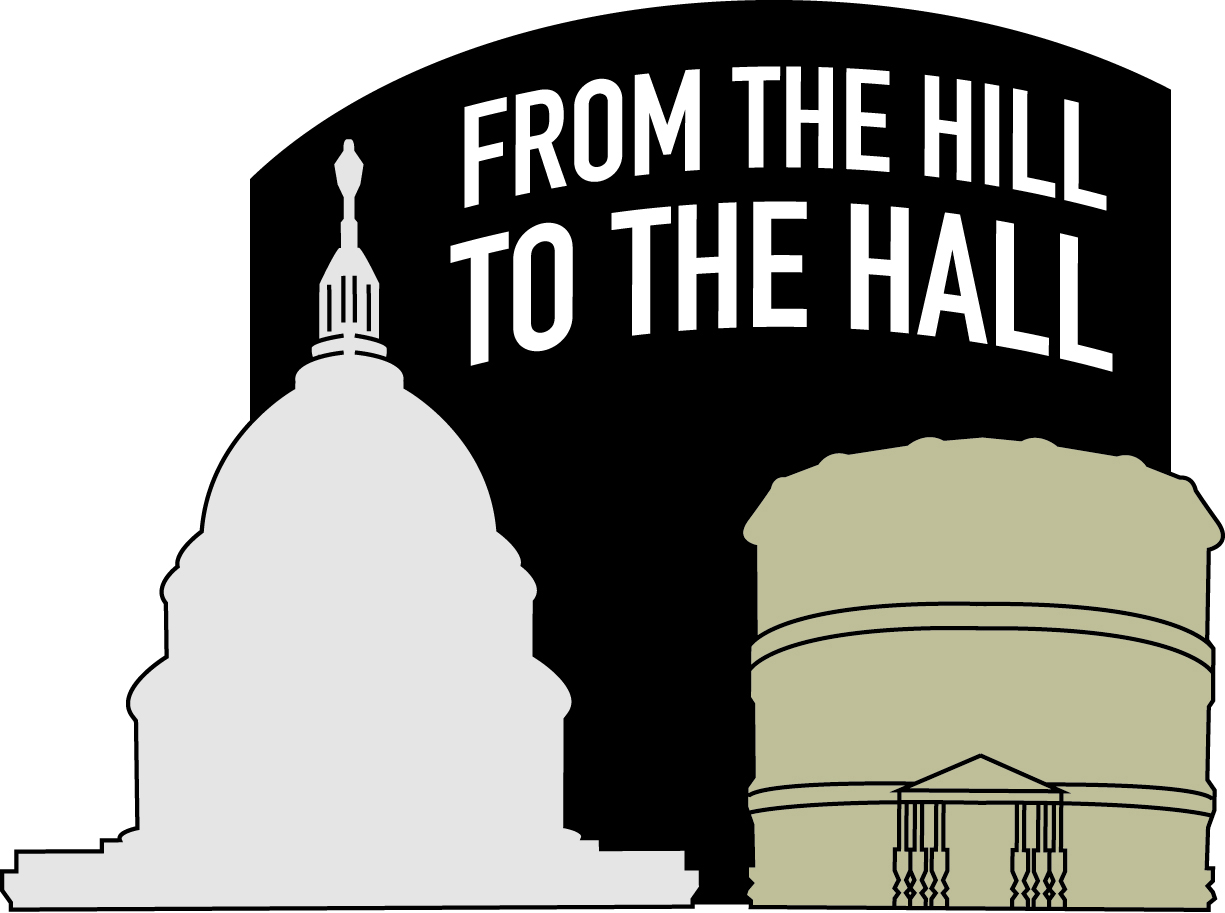Cigars and United States culture have a long and entwined history, and the state of Oregon is no exception. Oregon’s oldest continually operating cigar shop, Rich’s Cigar Store, opened in downtown Portland in 1894—just 35 years after Oregon was admitted as the 33rd state in 1859.
Cigars and all forms of tobacco remained a common activity until the 1960s, when the Surgeon General’s Advisory Committee released a report linking tobacco smoking and lung cancer. Since then, the U.S. has had a steady decline of cigarette smoking, with 42% of adults smoking in 1965 compared to 13% in 2018.
The numbers show that popularity for tobacco products has been on a steady decrease with “88.3% of the U.S. population approving government regulation to curb tobacco use.” According to a 1999 newspaper article published in the Salem Statesman Journal, there was legislation approved by voters to instate a tax of 65% on the wholesale value of cigars.
Oregon tobacco merchants were quick to react. Jan Esler-Rowe, owner of Cascade Cigar & Tobacco in Happy Valley and an anti-cigar tax activist, is often credited for leading a campaign which replaced the original tax proposal to a flat tax of 50 cents per cigar.
While she is often identified as the primary leader in the effort to reduce taxes on cigars in Oregon, she herself credits the late anti-tax activist Don McIntire of Measure 5 attention.
“I would not have gotten anywhere with the cigar tax cap without Don McIntire,” Esler-Rowe said.
She explained that it was McIntire’s expertise in lobbying that enabled her to help reduce taxes for cigar smokers in Oregon, though he was never credited for his efforts. She mentioned that one of the strategies used to incite support for reduced taxes on cigars was starting a letter writing campaign from her customers in which they came through.
“One of the senators was complaining because he had over 2,000 letters in his bill file,” she said. “They gave it to us because the people wanted it [cigar tax cap reduction]… when Don passed away in 2012 we lost all his expertise. He was a friend and a mentor.”
Victory for cigar retailers in Oregon did not last forever. In 2020, Oregon voters passed Measure 108 which increased tax on tobacco products—cigars specifically were increased from a straight 50 cent tax per cigar to a cigar tax cap of 65% of wholesale with a max of $1 per cigar.

According to Esler-Rowe, this was a blow to cigar retailers in Oregon. “It affected our business,” she said. “We were hit with a double whammy with COVID and now they’re trying to tax us to death… a box of cigars comes in a pack of 25. At least the customers were willing to live with 50 cents, which is an additional $12.50.”
“The consumer will not pay $25 in tax on a box of cigars purchased from in-state retailers when they can purchase the same cigars tax free and pay shipping of less than $25,” she said. “They loved the tax cap because they want to support local retailers, but the state is sending them back to the Internet.”
According to a cigar shop owner who declined to be named, customers in general did not seem to be particularly dissuaded.
“What really bothers me is that the politicians and non-smokers just can’t seem to understand that cigars are pure tobacco that doesn’t have all the chemical crap that goes into cigarettes,” the cigar merchant said. “Cigars aren’t addictive. Unlike cigarette smokers, I never needed a cigar, I only wanted them.”
This line of argument is a common one. Cigar smokers often defend the practice of smoking by citing a study that allegedly found that smoking cigars has a negligible causal effect for cancer. They also flat-out reject statements that suggest they contain chemicals, despite claims by health institutions such as the Mayo Clinic that cigars contain the same chemicals as cigarettes.
Because the use of cigars is traditionally inhaling and releasing by the mouth, they argue that cigars are not addictive. Despite their claims to the contrary, there is a substantial amount of evidence that cigars cause cancer and are addictive.
Despite evidence that indicates somewhat similar effects, the cigar retailers that Vanguard talked to do not like to be mixed with cigarettes and go through great effort to distance their products from cigarettes. Jan Esler-Rowe’s own store, Cascade Cigar & Tobacco, goes as far as to not sell cigarettes at all.
Cigar smoking is also a relatively unpopular choice for smoking, especially among youth. Only 2.1% of high school students between grades 9–12 have smoked cigars, in contrast to E-cigarettes, which are actively smoked by 19.6% of high school students. Marijuana is an even more popular choice, with the majority of high school students having smoked marijuana at least once and 22% smoking within the last 30 days.
“My granddaughter doesn’t even mention to her friends that her grandmother owns a tobacco store,” Esler-Rowe said. “Young people want nothing to do with it [tobacco]… they’re all smoking pot now.”
With cigar smoking trending downwards and the increased tax caps on cigars, it appears that cigar retail will become an increasingly difficult industry to operate in the state of Oregon, despite the long history of cigar smoking within the state.






